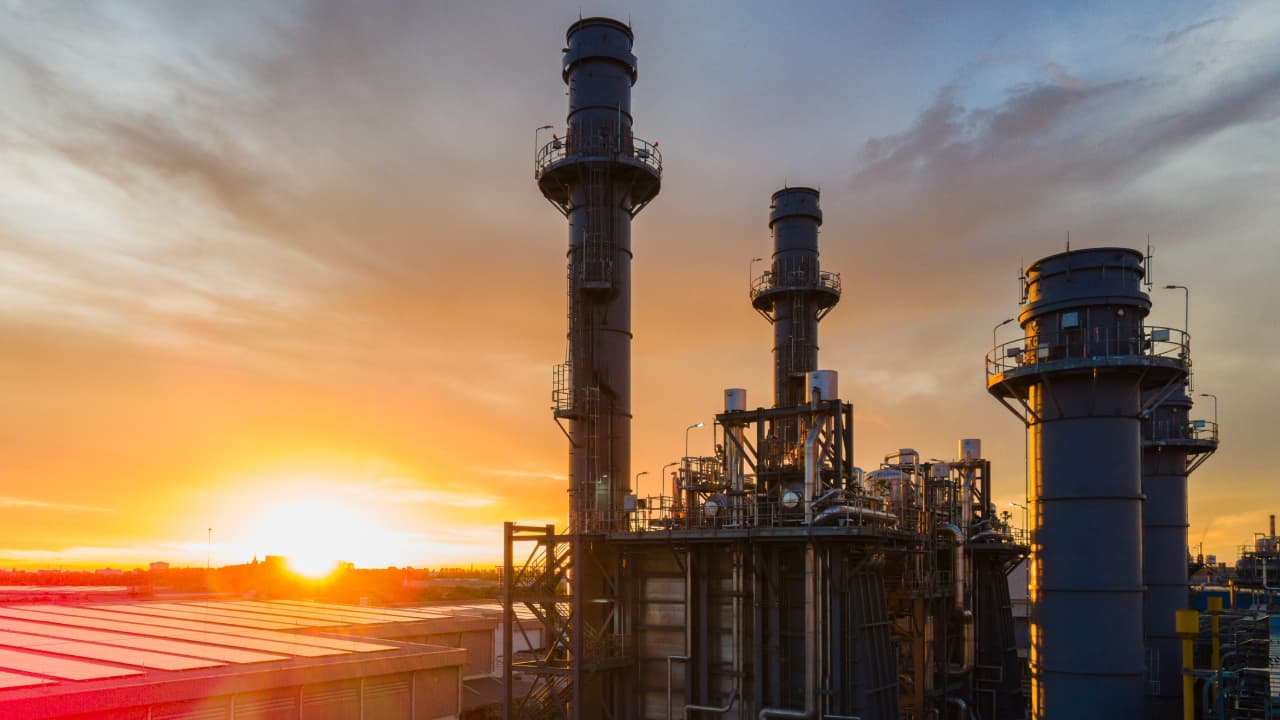A new report from the Global Climate and Health Alliance shows that fossil fuels cause severe health issues at every stage, from extraction to combustion. The report calls for an end to fossil fuel subsidies and a transition to clean energy.
Fossil fuels such as oil, coal, and gas not only harm the environment but also have serious effects on human health. A new report from the Global Climate and Health Alliance outlines how each stage of fossil fuel use, from extraction, transportation, and combustion, leads to health issues. GCHA is a group comprising more than 200 organisations representing millions of healthcare professionals across the world.
Pollution linked to these activities is associated with various illnesses, including miscarriages, asthma, cancer, strokes, heart disease, and premature death.
Health Damage Begins Before Birth
One of the most alarming discoveries is that fossil fuels can affect health even before a child is born. Studies show that living near coal mines or gas extinction sites is linked to higher rates of premature births and miscarriages. These locations release harmful chemicals and pollutants into the air and water, which can harm pregnant women and their unborn children.
Kids growing up in areas where fossil fuels are burned are more likely to develop asthma and certain cancers, such as leukaemia. This pollution makes it harder for children to breathe and stay healthy.
Moreover, older adults exposed to polluted air are more prone to heart attacks, strokes, and specific types of dementia. In some cases, pollution can also cut down a person’s lifespan.
Polluting the Environment
Fossil fuels can also harm during extraction and transport. Pipeline leaks can contaminate water supplies with toxic gases, and oil spills can damage ecosystems and communities. Harmful substances can remain in soil, water, and food long after fossil fuels are used. These toxins can accumulate in the environment and inside our bodies, posing ongoing health risks.
Climate Change Exacerbates Health Issues
The report also highlights that fossil fuels contribute to climate change, which in turn increases health risks from extreme weather events. More severe hurricanes can destroy hospitals and clinics, making it harder for people to access treatment. Smoke from intense bushfires can worsen respiratory problems especially in children and the elderly.
Marginalised communities face the worst health effects. For example, people living near coal mines in Korba, India, face a range of health issues including asthma, bronchitis, tuberculosis, birth defects, skin infections, and stomach illnesses due to polluted water.
Neha Mahant, a local health worker in Korba, said, “Coal doesn’t just generate electricity—it generates suffering.”
The report calls on governments worldwide to take immediate action. The alliance also demands that governments stop providing subsidies or financial support to fossil fuel companies.
In 2022, global fossil fuel subsidies reached $7 trillion, more than seven percent of the world’s overall economic output. These subsidies encourage continued fossil fuel use despite the known dangers to health and the climate.
What This Means for Us
The report clearly shows that fossil fuels damage health at every stage of their use, from extraction to the air we breathe. The negative effects start even before birth and continue throughout our lives.
To protect both our health and the planet, it is essential to reduce our reliance on fossil fuels and invest in clean, renewable energy. This will not only slow climate change but also improve health worldwide, helping everyone breathe easier from birth until the end of life.
